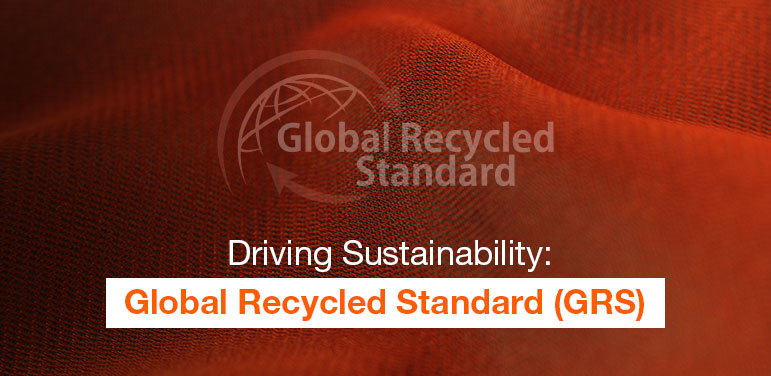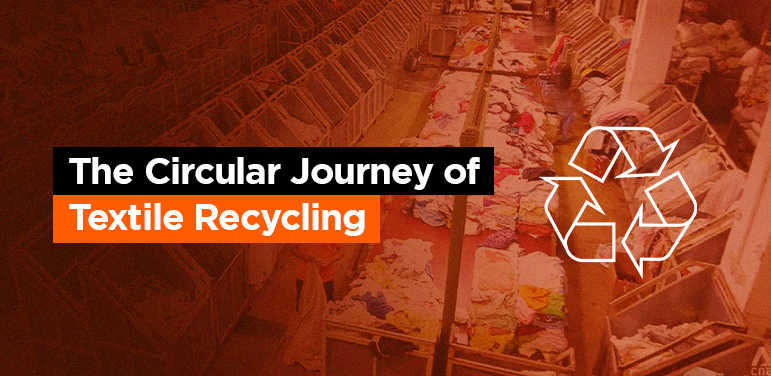Why Recycle Textiles? The textile industry is a major contributor to global environmental pollution, affecting land, air, and marine ecosystems. The processes involved in apparel manufacturing chain significantly impact greenhouse gas (GHG) emissions in addition to water resources depletion. Of the 37.4 billion MT global CO2 emissions in 2023, roughly 1.2 billion MT were attributed …
Read More
Global Recycled Standard (GRS)
In a world where environmental concerns are at the forefront of every discussion, the textile industry is one of the largest polluters in the world, contributing to environmental degradation and exploiting workers in the process. As consumers become increasingly aware of these issues, sustainable practices become critically important for stakeholders across the textile manufacturing & …
Read More
The Advantages of Cotton-Hemp Blend Fabric for Eco-Friendly and Lasting Apparel
Researchers and inventors are being inspired by the widespread acceptance of slow fashion to create lasting, eco-friendly apparel. There are several possibilities, including fabric made of organic cotton, hemp, and bamboo. The front-runners in the market for fabric are clearly hemp and cotton. The crop and fibre plant known as cotton is well known. When …
Read More
